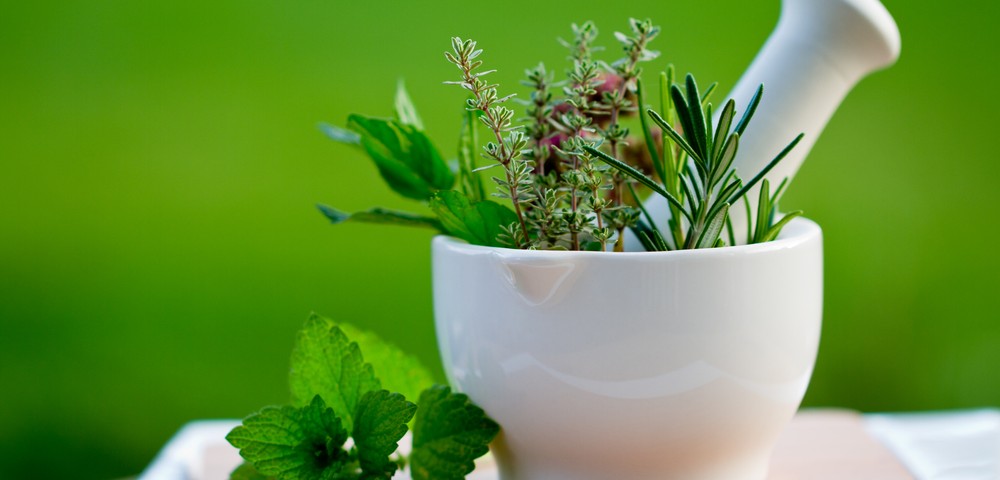A collaborative study led by researchers at the Dokkyo Medical University Koshigaya Hospital, Japan, found two Japanese traditional herbal medicines, Hachimi-jio-gan and Gosha-jinki-gan, of benefit to people with lower urinary tract symptoms (LUTS) and cold sensitivity who are resistant to α1-blockers or antimuscarinic therapies.
The study, “Clinical efficacy and tolerability (LUTS) of two Japanese traditional herbal medicines, Hachimi-jio-gan and Gosha-jinki-gan, for lower urinary tract symptoms with cold sensitivity,” was published in the J Tradit Complement Med.
Treatment options for LUTS, whose incidence gradually increases with age, range from behavioral modification like bladder training to the use of drugs such as antimuscarinic agents and α1-blockers.
In Japan, complex formulations containing traditional herbal medicines are widely utilized in treating LUTS patients. Among these, Hachimi-jio-gan (HJG) and Gosha-jinki-gan (GJG) have been shown to be efficient for LUTS when combined with standard drug treatments (antimuscarinic agents or α1-blockers). LUTS has numerous symptoms, but the researchers focused on cold sensitivity because it is a key indication in herbal medicines.
A total of 60 patients with LUTS and cold sensitivity, and who were unresponsive to α1-blockers or antimuscarinic treatments, participated in the study evaluating the efficacy and safety of HJG and GJG as add-on therapies. Patients received a mixture of HJG or GJG, in addition to α1-blockers or antimuscarinic drugs, for 12 weeks. They were then examined using the International Prostate Symptom Score (IPSS), IPSS-Quality of Life (IPSS-QOL), Benign Prostatic Hyperplasia Impact Index (BII), uroflowmetry (UFM), frequency volume chart (FVC), and urinary 8-hydroxy-2′-deoxyguanosine (8-OHdG), among other parameters.
Results showed significant improvement in the IPSS, IPSS-QOL, BII, and the number of nocturnal voids. No change in the maximal urinary flow rate and post-void residual urine were observed. When compared to the GJG group, HJG induced greater statistical improvement in the 8-OHdG, indicative of lower in vivo oxidative DNA damage. Also, the HJG mixture was found to possess anti-oxidative activity, a point researchers thought merited long-term clinical study. Mild side effects were recorded in 8.3 percent of patients.
“The HJG and Japanese herbal formulations might have the potential to provide additional therapeutic effects in treating cold stress–exacerbated LUTS resistant to α1-blockers or antimuscarinic drugs,” the scientists wrote. “However, further clinical investigations are required to elucidate their precise mechanisms.”

